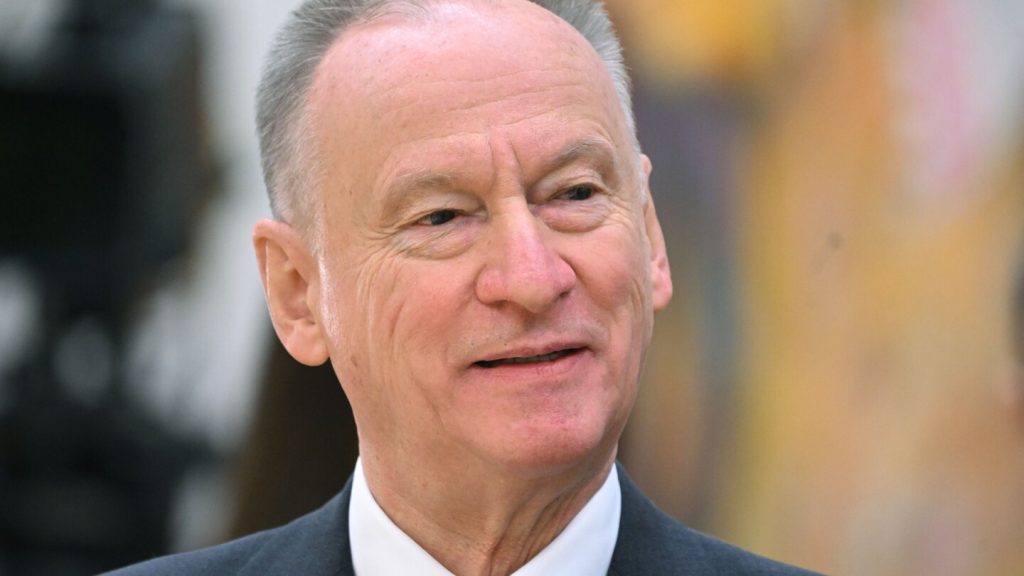In Tallinn, Estonia, the head of Russia’s national security council, Nikolai Patrushev, claimed that the United States shares blame for the attack on a Moscow concert hall that killed 145 people. While an affiliate of the Islamic State group has claimed responsibility for the attack, Russian officials, including President Vladimir Putin, have stated, without evidence, that it was organized by Ukraine. Patrushev suggested that the attack could be linked to Ukrainian special services, as the Kyiv regime is believed to be controlled by the United States.
Following the attack on the Crocus City Hall, four suspected gunmen were captured in the Bryansk region, near the Ukrainian border. Putin and other officials allege that the gunmen had planned to escape into Ukraine. Additionally, six other suspected accomplices have been arrested in connection to the attack. The death toll in the attack was initially reported as 144 by Russia’s emergencies ministry, but children’s rights ombudsman Maria Lvova-Belova announced that a sixth child injured in the attack had also passed away.
The attack occurred two weeks after the United States Embassy in Russia issued a warning about possible terrorist attacks on public targets. The U.S. State Department claimed to have shared information about the planned attacks with Russian authorities. However, Putin’s spokesperson, Dmitry Peskov, did not comment on reports that the U.S. had specifically identified Crocus City Hall as a potential target. Russian Foreign Ministry spokeswoman Maria Zakharova expressed skepticism about the report and called on the American side to provide factual evidence regarding the information shared.
In response to the attack, the Russian prosecutor-general’s office sent information requests to the U.S., Germany, France, and Cyprus regarding potential involvement in terrorist attacks on Russia. It appears that Russia is seeking clarification and potentially investigating allegations of foreign involvement in the attack. The incident has raised tensions between Russia and Western countries, particularly the United States, with accusations and counter-accusations being exchanged.
The Shanghai Cooperation Organization (SCO), a nine-country regional security and economic bloc that includes China, India, and Iran, was engaged in discussions about the attack during a meeting in the Kazakhstan capital Astana. Patrushev, at the SCO meeting, emphasized the importance of identifying the customer and sponsor of the attack, pointing to possible links with Ukrainian special services. The situation remains complex and contentious, with multiple parties involved in the investigation and various theories being put forward to explain the motives behind the deadly attack in Moscow.
As investigations continue and tensions escalate, the aftermath of the attack on Crocus City Hall remains a topic of major concern for Russian authorities, as well as for international partners. The complexity of the situation, with multiple potential motives and actors involved, highlights the need for thorough and objective investigations to determine the truth behind the deadly incident. The implications of the attack, coupled with allegations of foreign involvement, could have far-reaching consequences for Russia’s relations with other countries and its approach to counterterrorism efforts in the future.


